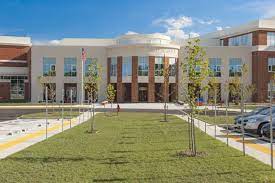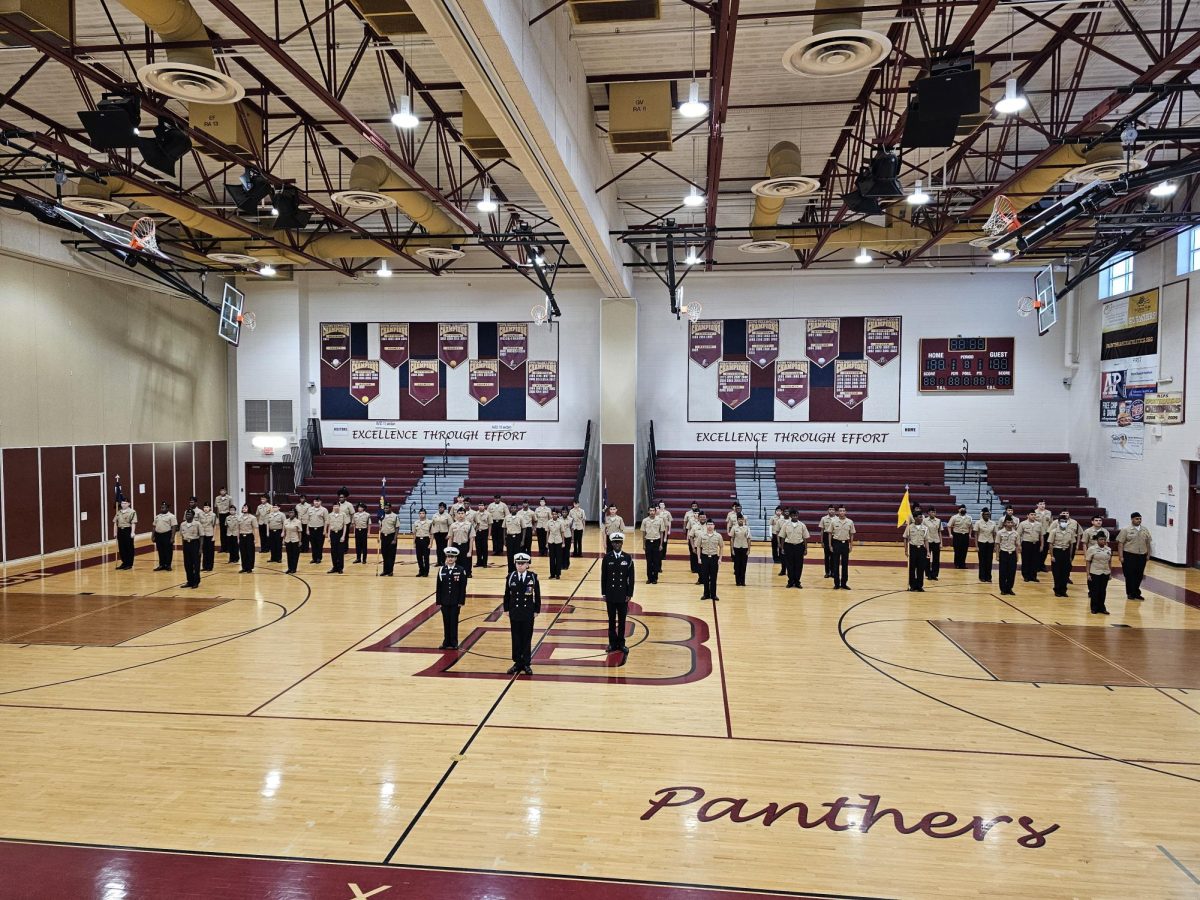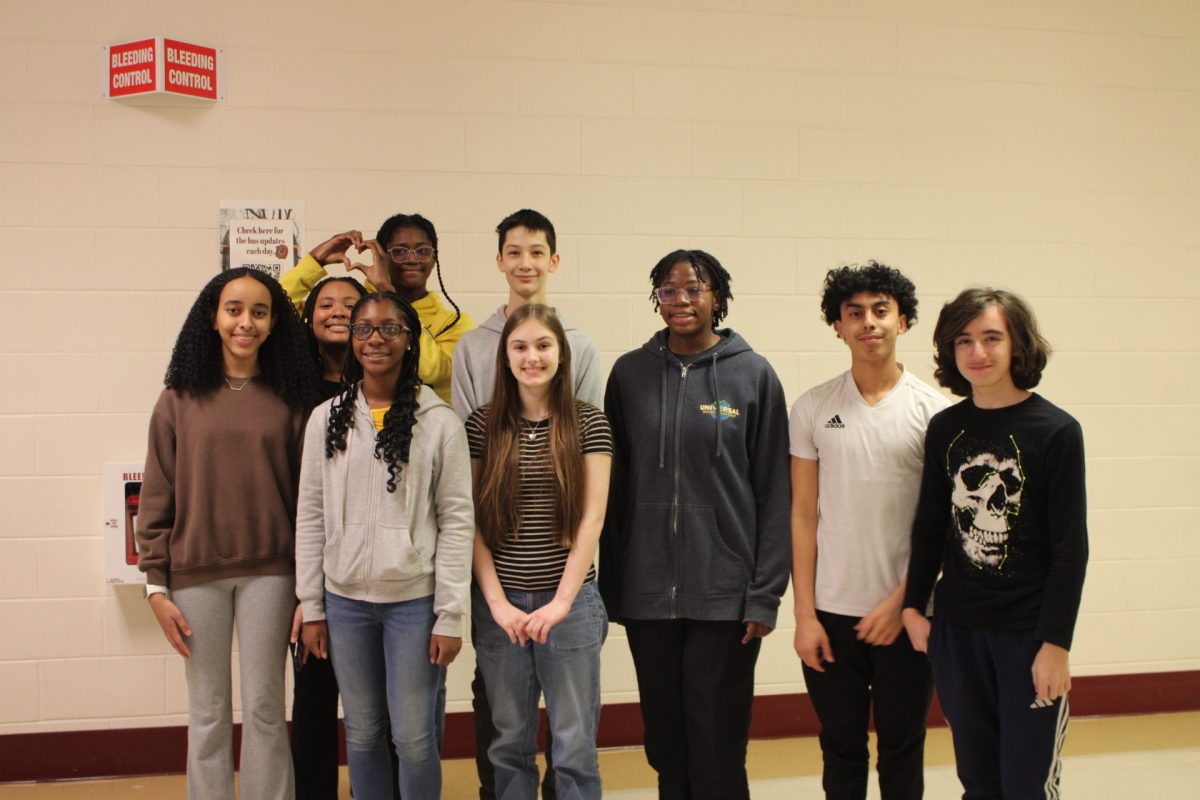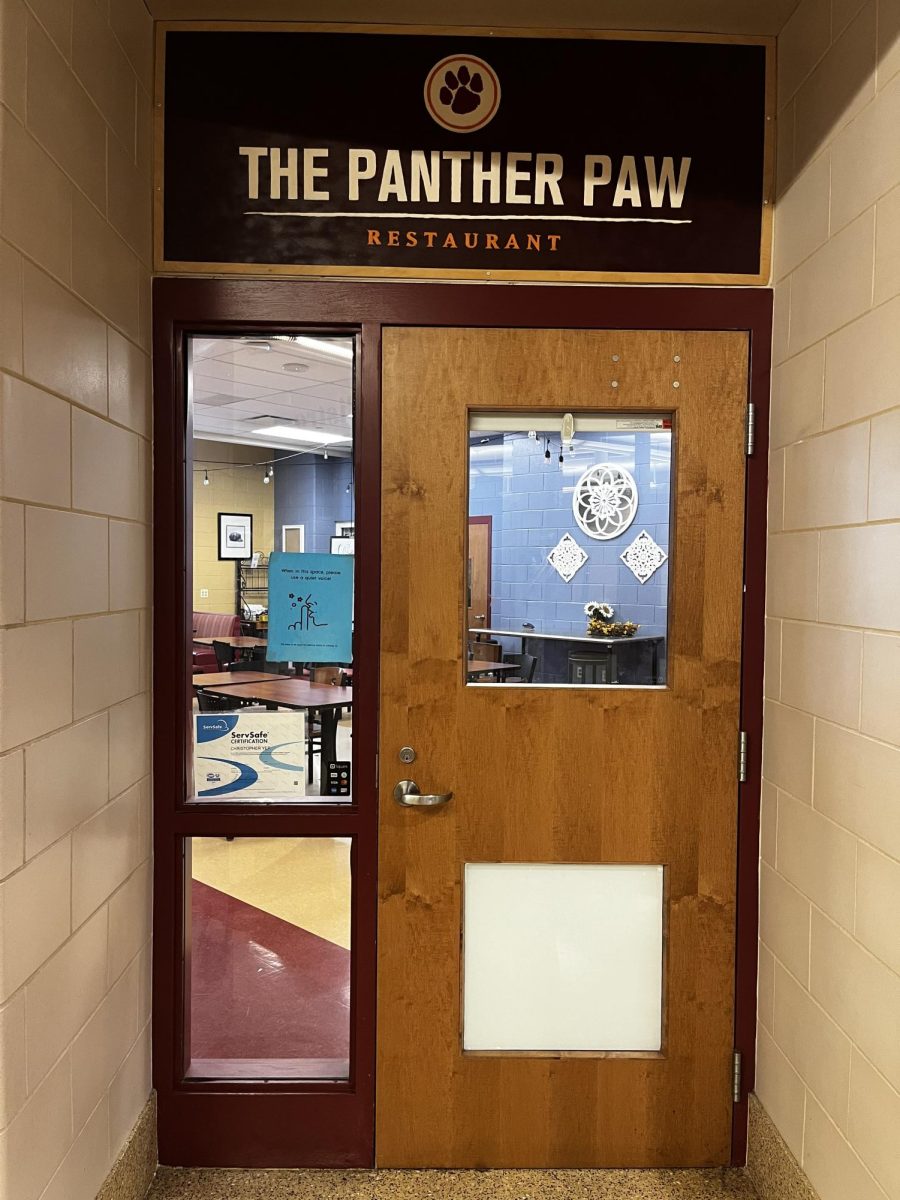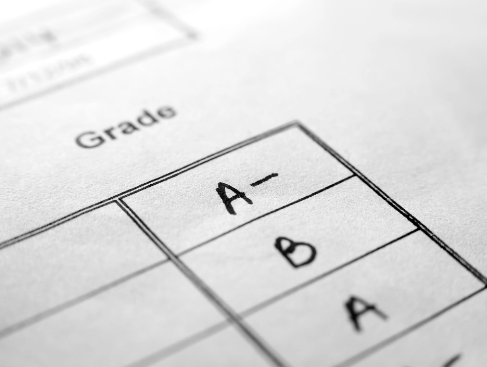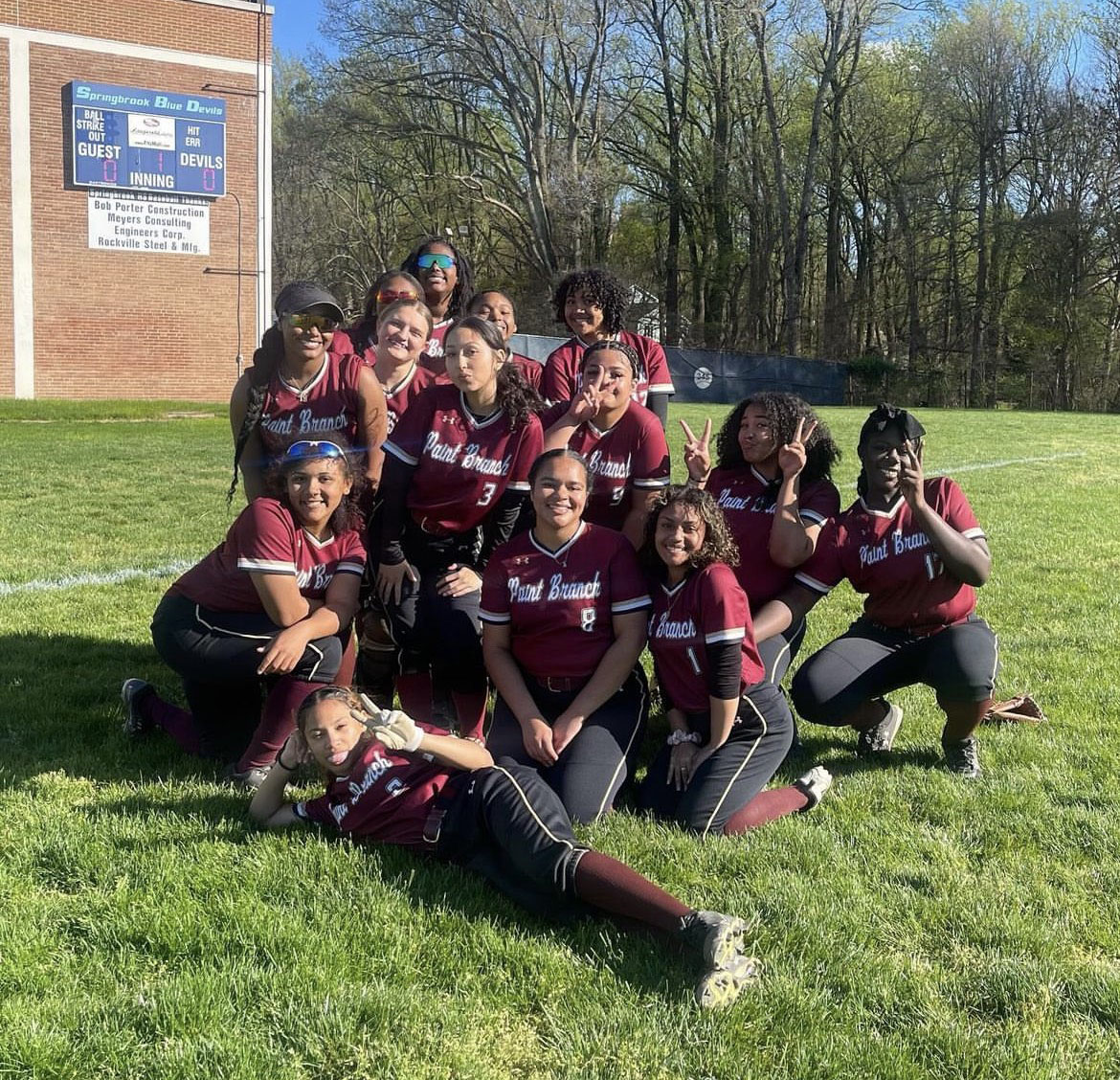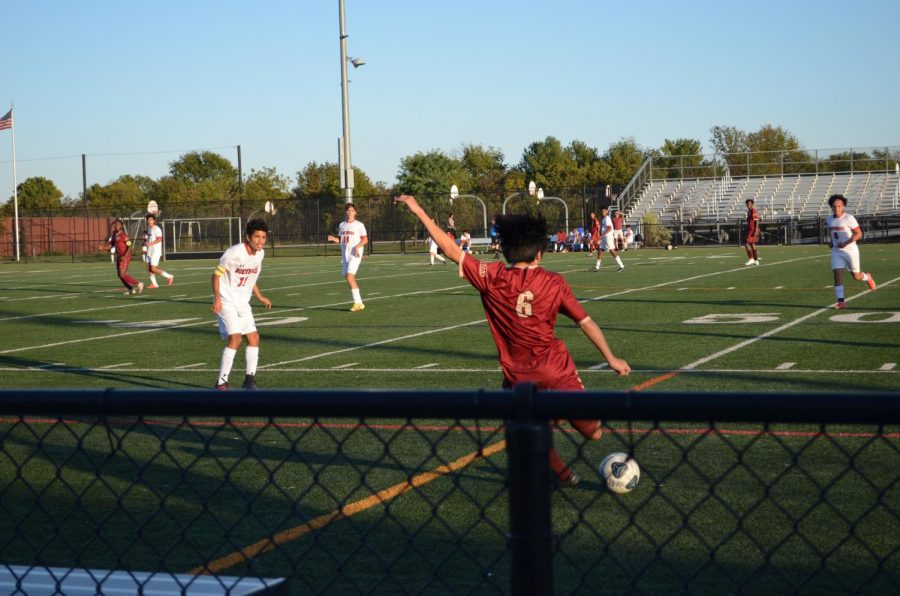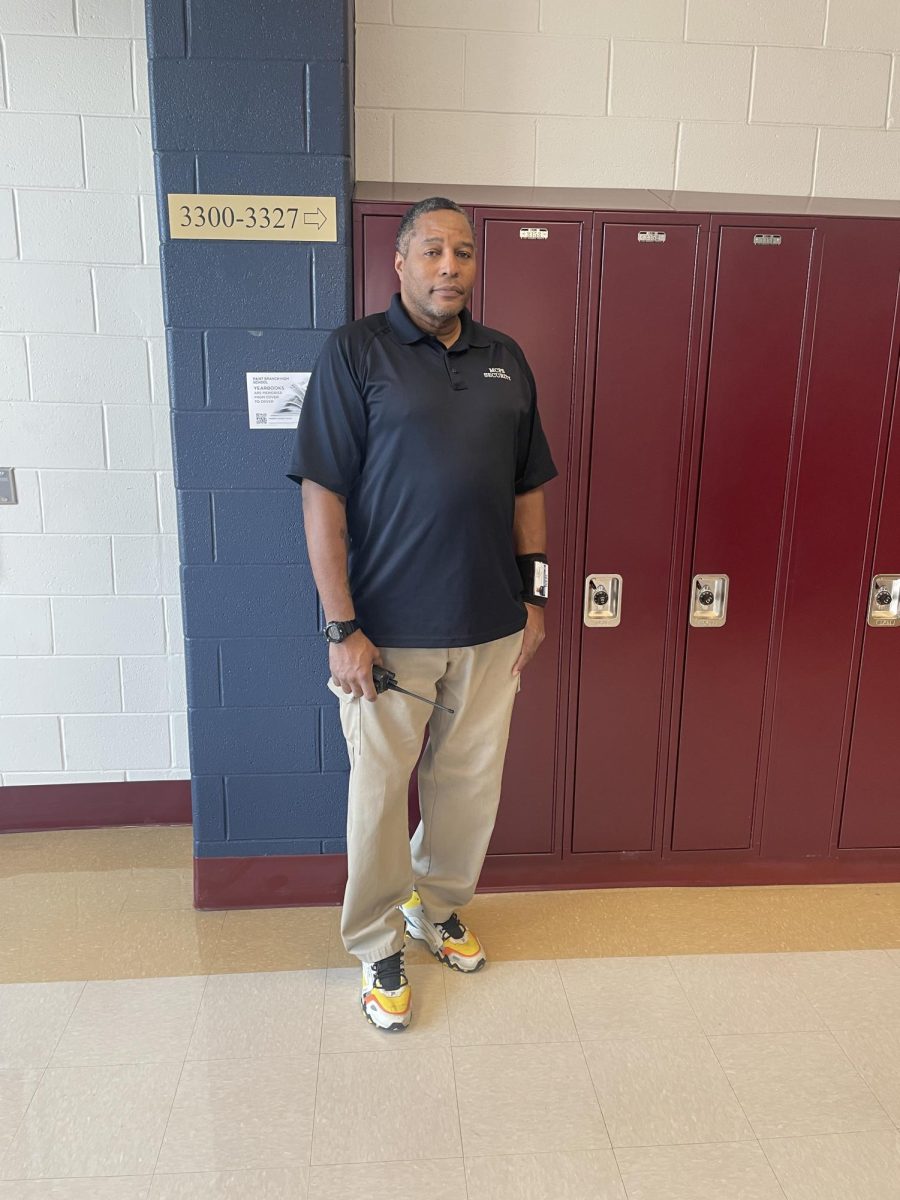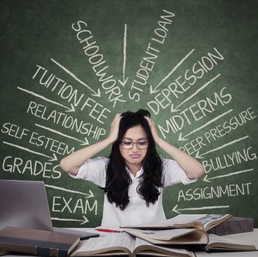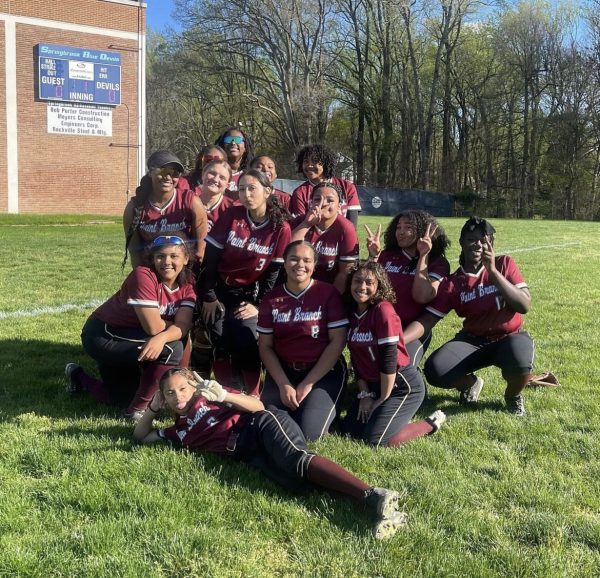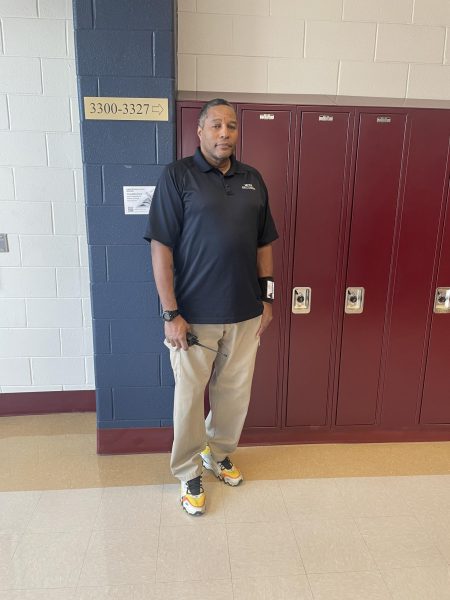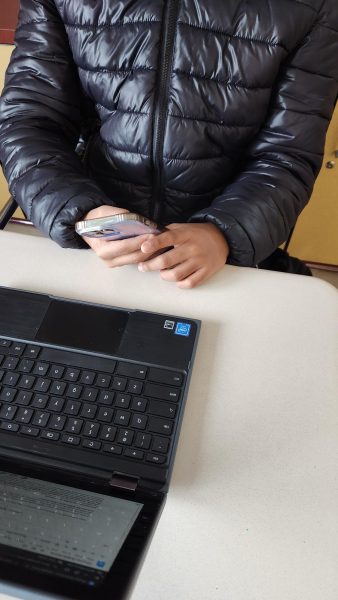Are Students the Key to a Teacher’s Success?
You’re stuck in class with no idea of what is going on. The teacher drones on and on, but you still don’t have a clue. You tell the teacher you don’t understand the material, but all he does is repeat himself, thinking that all you need is more repetition.
High school students have been sitting in classrooms for a minimum of nine years and, by now recognize what characteristics make the most-effective teacher. So why not allow these individuals to have a say in their teacher evaluations?
In recent years, the federal government has pressured states to improve their teacher-evaluation systems and include student achievement as a significant factor in teacher evaluations. According to the Washington Post writer Valerie Strauss’ article “Maryland’s Teacher Evaluation Problem,” the Obama administration has “pushed states to rewrite their evaluation systems and include test scores.” Student growth, as well as professional practice and administrative observations, are now to be included in the evaluations, which some see as an improvement in the process. However, why stop the improvements there?
While observations, test scores, and professional practice are all important components in teacher evaluations, one factor is still missing from the equation: the student voice. This is the most important factor because teachers directly impact the education foundations. Students require certain skills in a teacher and, conversely, this is reciprocated by expectations teachers have for students. Some of the expectations students have for teachers are clear communication skills, flexibility and timeliness. Usually when a student receives feedback from a teacher, s/he uses it to improve a specific aspect of their learning skills; in a similar way, a teacher could use student feedback to improve his or her processes as well. While some teachers worry that student bias may affect the results, the student body would be a pragmatic image of the teacher’s abilities.
However, as valuable as student evaluations could be, there are inevitable issues that could occur.
Again, student biases are the most common concern as, initially, students may evaluate a teacher based on a single good or bad experience they had with them. While these biases may be positive or negative, the issue is that they may be inaccurate. Also, students might not honestly evaluate a teacher if they feel like they’re placed in a precarious situation by doing so. The belief that teachers might find out about a student’s response and retaliate is usually one fear that hinders truthful evaluations.
An accurate way of tracking teacher improvement is by comparing student evaluations for a teacher over two school years. This way, efforts to improve their teaching methods would be easier to recognize.
Since teachers are the most crucial people in education, students should have the ability to use their voices and evaluate them. By doing so, they aid them by making them more effective educators for others and future generations.

